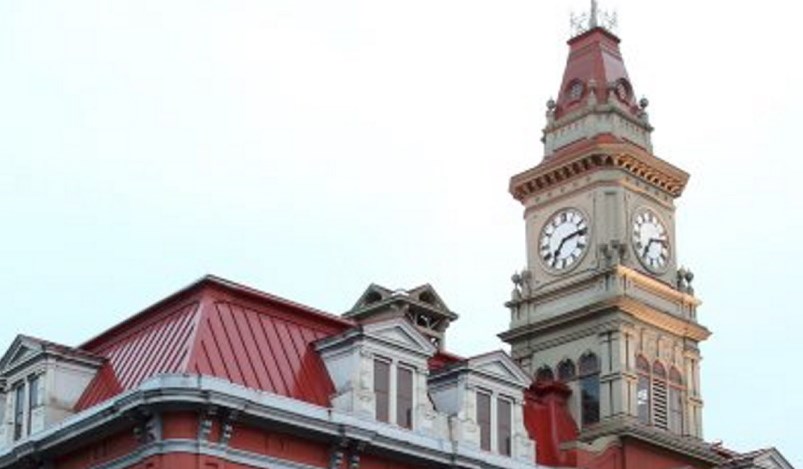Victoria is pushing ahead with proposed regulations for online rental services such as Airbnb, even as the province is stepping up to the plate.
Councillors this week narrowly approved a fee structure and instructed staff to hold a public hearing March 8 on the bylaw, establishing new regulations for short-term vacation rentals.
Coun. Ben Isitt called the proposed regulations “a balanced approach,” while Coun. Marianne Alto recommended councillors hold off on the changes.
“I think it is important for us to move forward with filling this regulatory vacuum that currently exists in ensuring that the impacts of these types of businesses are minimized on other residents of the city,” Isitt said.
Alto argued the situation is reminiscent of when the city took it upon itself to try to regulate cannabis retailers in the absence of senior government regulations.
However, the province’s announcement that it has reached a deal with Airbnb to remit an estimated $21 million a year in provincial sales and hotel taxes suggests the situation is changing.
“It’s my opinion that the agreement that the province has made with Airbnb is, in fact, an indicator that they are going to go down a different road — a road that does include a different approach to regulation and monitoring and management,” Alto said.
She suggested postponement pending a more thorough analysis of whatever regulations might be implemented at the provincial level.
But councillors voted against delay and agreed to move ahead with introduction of the bylaw, including a two-tiered fee structure for short-term vacation rentals.
Isitt said provincial taxation policy does not have anything to do with the city’s responsibility over business licensing. “There’s no indication from anything I’ve seen from the provincial government that they intend to withdraw that delegation [to regulate businesses] from municipalities,” Isitt said.
Under the proposed Victoria regulations, people operating short-term vacation rentals through online platforms such as Airbnb would have to pay annual business fees of $150 or $1,500.
People who list their entire principal residence occasionally — for example, when they are on vacation — or rent a private room within their home would pay $150 a year. Non-principal residences, including investment properties and second homes, would be subject to a $1,500 annual fee.
City staff say that given zoning changes approved in September, the $1,500 fee would apply only to downtown units that qualify for legal non-conforming status and are grandfathered in.
Proposed regulations will require short-term rental operators to obtain a business licence, to comply with requirements such as displaying a business licence number in all advertisements, and to adhere to all city bylaws, including noise and nuisance bylaws.
Under the draft bylaw, operators would be required to:
• Supply proof of principal residence.
• Meet the business licence requirement and pay business licence fees.
• Provide a letter from the strata council that the rental is not contrary to strata bylaws
• Provide a letter from the property owner as proof of permission to operate a short-term rental.
• Be in compliance with city bylaws.
• Post the business licence number in all short-term rental advertisements.
• Name someone to manage the property if the principal resident or owner is absent.
The city also plans to hire a third party to watch for vacation rentals being operated contrary to zoning (such as in residential neighbourhoods) or regulations.



